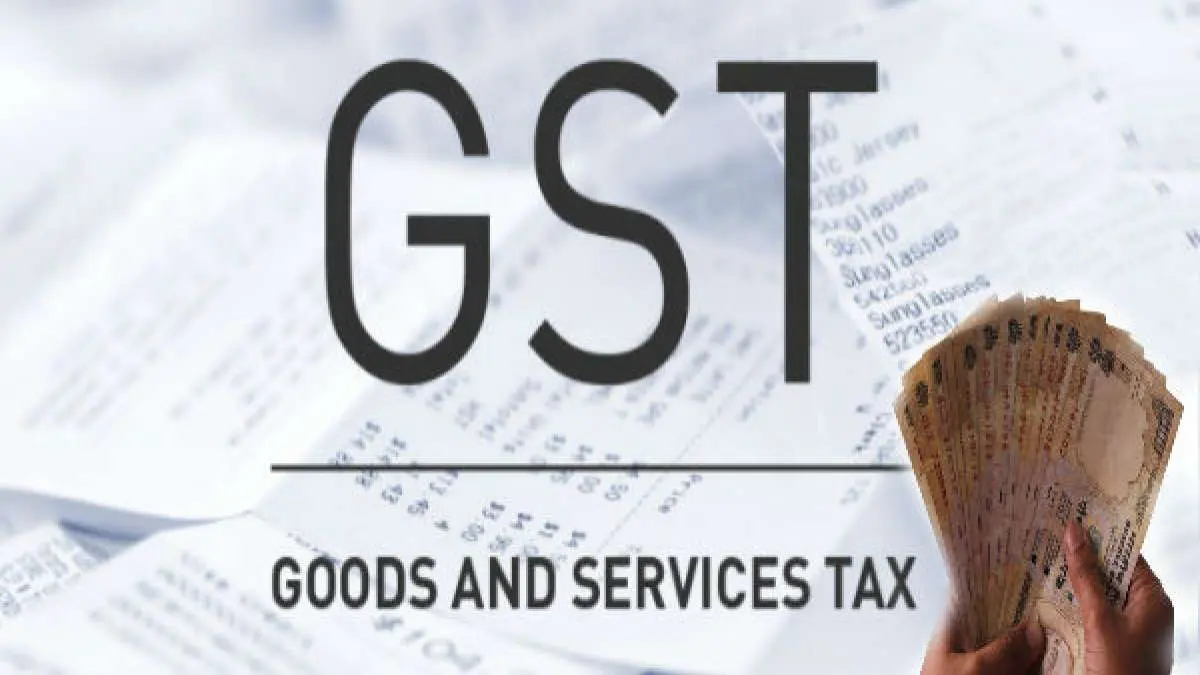India’s August GST Collection Surges to ₹1.59 Trillion
The Goods and Services Tax (GST) regime has been a crucial aspect of India’s fiscal landscape since its implementation in 2017. In the latest developments, India has witnessed a remarkable surge in its GST collections for the month of August, reaching an impressive ₹1.59 trillion. This news holds immense significance, especially for aspirants preparing for government exams, as it touches upon various aspects related to the country’s economic health and fiscal policies.

Why this News is Important:
Boost to Government Revenue: The substantial increase in GST collections underscores the government’s ability to generate revenue even amidst challenging economic conditions. This demonstrates the robustness of the GST system in India and its contribution to the government’s finances.
Economic Recovery Indicator: The surge in GST collections is a positive indicator of India’s economic recovery post the COVID-19 pandemic. It reflects increased economic activities, including manufacturing, trade, and services, which are essential for employment generation and overall growth.
Historical Context:
To better comprehend this development, let’s take a brief look at the historical context. The GST was introduced in India on July 1, 2017, to streamline the country’s indirect tax structure. It replaced various central and state taxes, creating a unified tax system. Since its implementation, GST collections have been closely monitored as a critical revenue source for both the central and state governments.
Key Takeaways from This News:
| Serial Number | Key Takeaway |
|---|---|
| 1 | India’s GST collection for August reached ₹1.59 trillion, showcasing robust revenue generation. |
| 2 | The surge in GST collections signifies India’s post-pandemic economic recovery and increased economic activities. |
| 3 | This development is expected to positively impact the country’s fiscal deficit, allowing for focused government spending. |
| 4 | Aspirants for competitive exams should stay updated on tax policies like GST, as they are relevant for exam questions. |
| 5 | Understanding the historical context of GST implementation in 2017 provides a broader perspective on this news. |
Important FAQs for Students from this News
Q: What is GST, and why is it important for India’s economy?
A: GST stands for Goods and Services Tax, which is a unified indirect tax in India. It’s important for India’s economy as it streamlines taxation, eliminates cascading taxes, and boosts revenue.
Q: How does higher GST collection affect the government’s fiscal deficit?
A: Higher GST collections can help reduce the fiscal deficit as it provides the government with more funds for its expenses.
Q: What are the sectors contributing most to the increase in GST collections?
A: The manufacturing, services, and trade sectors are significant contributors to the rise in GST collections.
Q: How can candidates preparing for government exams stay updated on GST-related developments?
A: Aspirants can follow reputable news sources, government websites, and consult study materials to stay informed about GST and related topics.
Q: Is GST a part of the syllabus for competitive exams like the civil services or banking examinations?
A: Yes, GST and tax-related topics are often included in the syllabi of competitive exams, making this news relevant for exam preparation.
Some Important Current Affairs Links

















